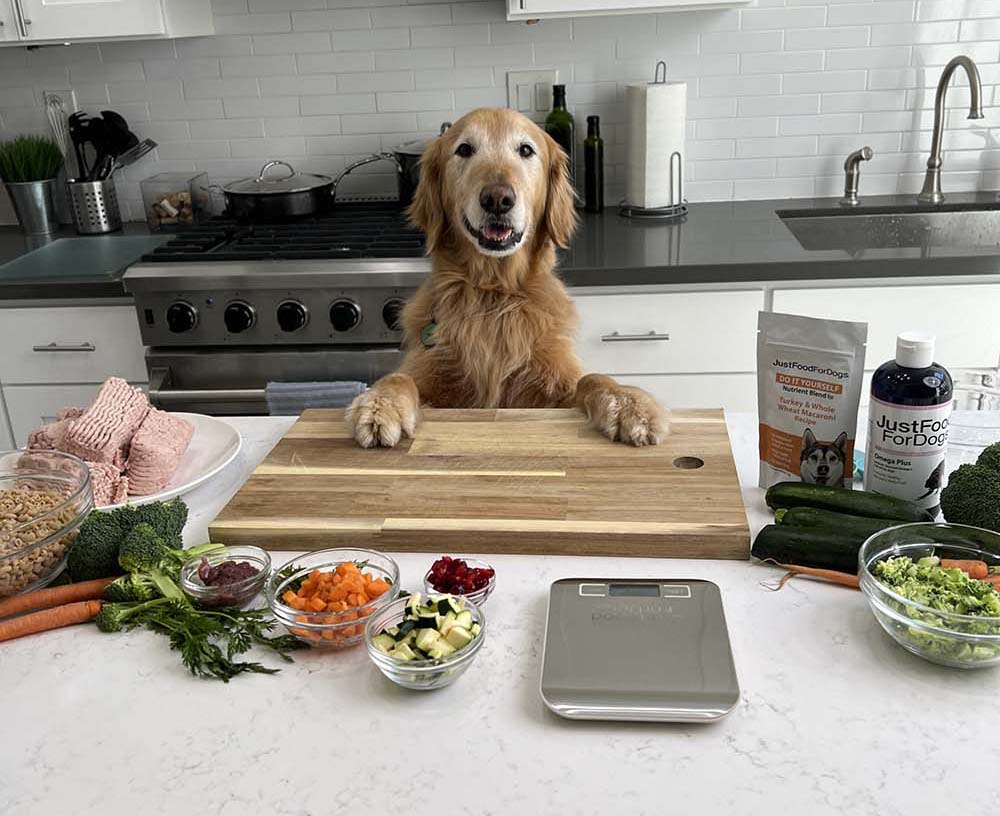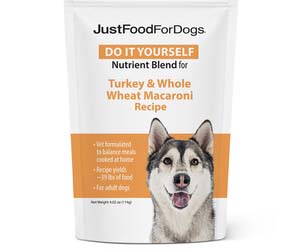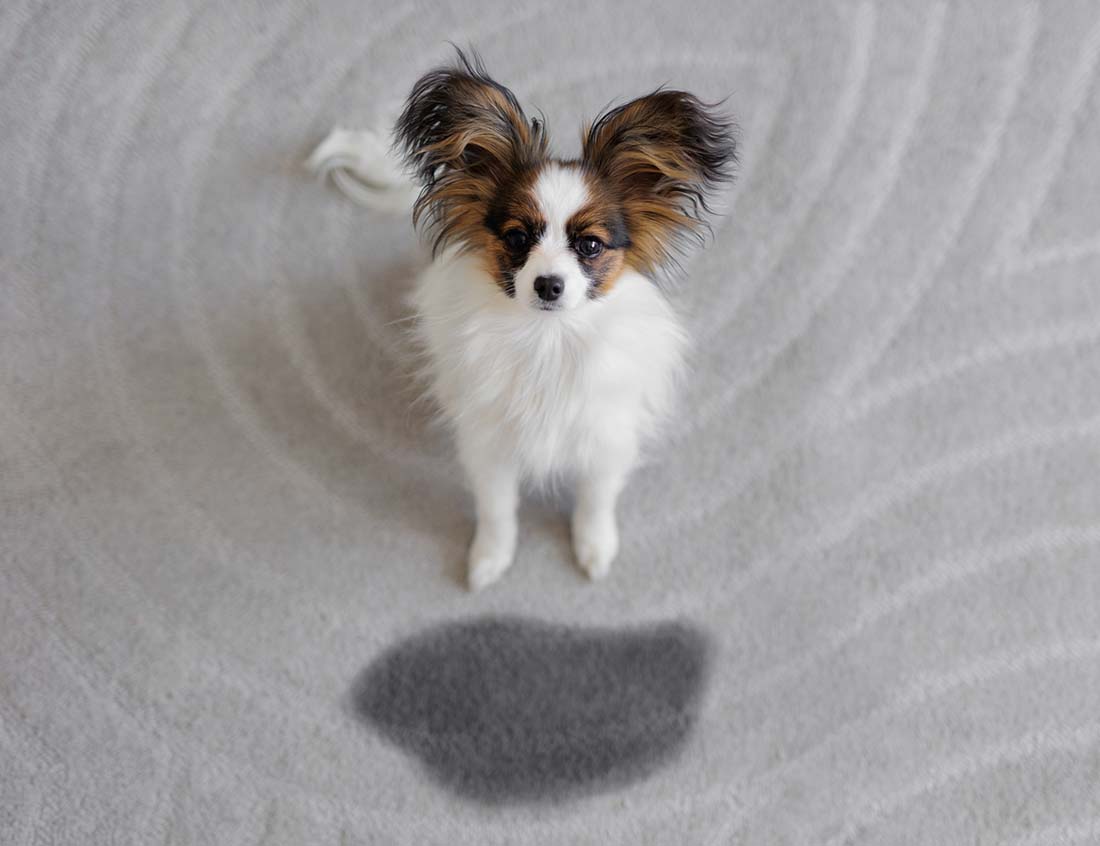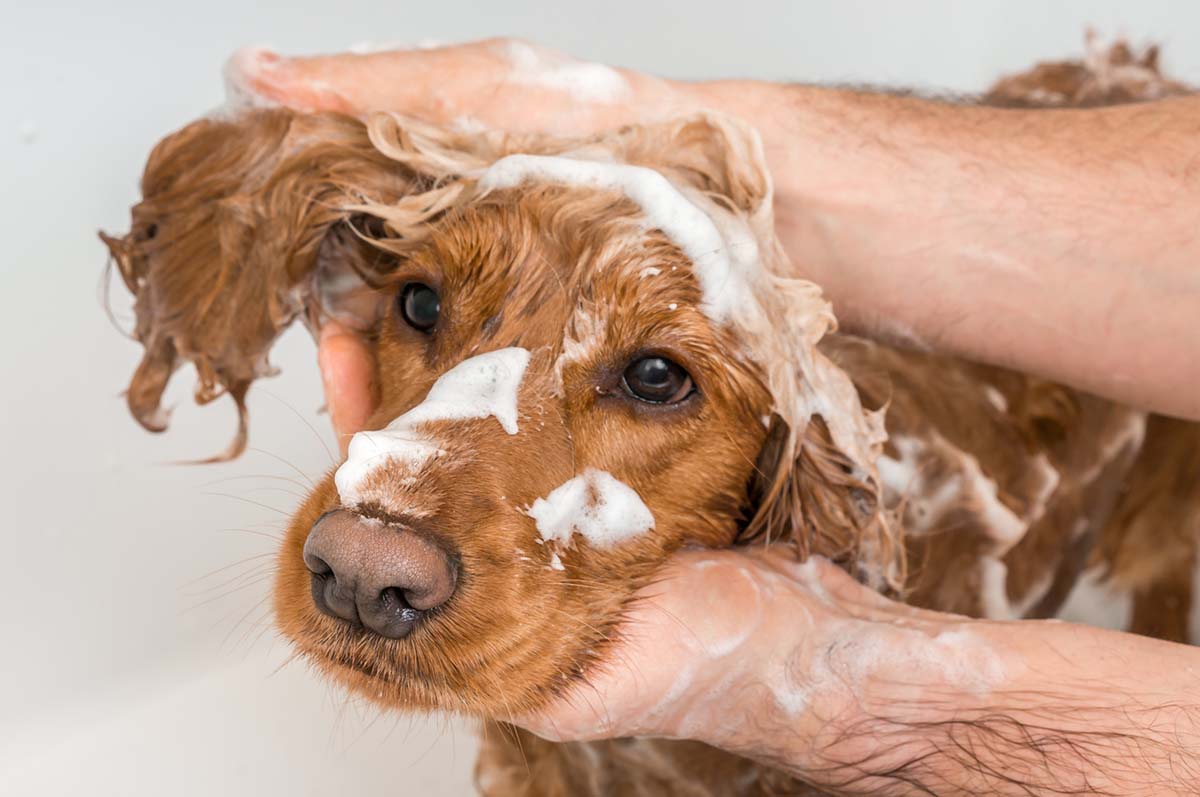DIY Dog Meal Prep Hacks
DIY dog meal prep hacks, tips, and tricks to save time and money on your pet's nutrition.
Do you want to give your dog the best possible nutrition? If so, you may be considering meal prepping for your furry friend. Meal prepping is a great way to ensure that your dog is getting the nutrients they need, and it can also save you time and money.
In this blog post, we will provide you with some tips on how to meal prep for your dog using our DIY Nutrient Blend. We will discuss how to measure and store your food, and how to come up with a meal plan that works for your dog’s individual needs.
Benefits of Home Cooking vs. Dry Dog Food
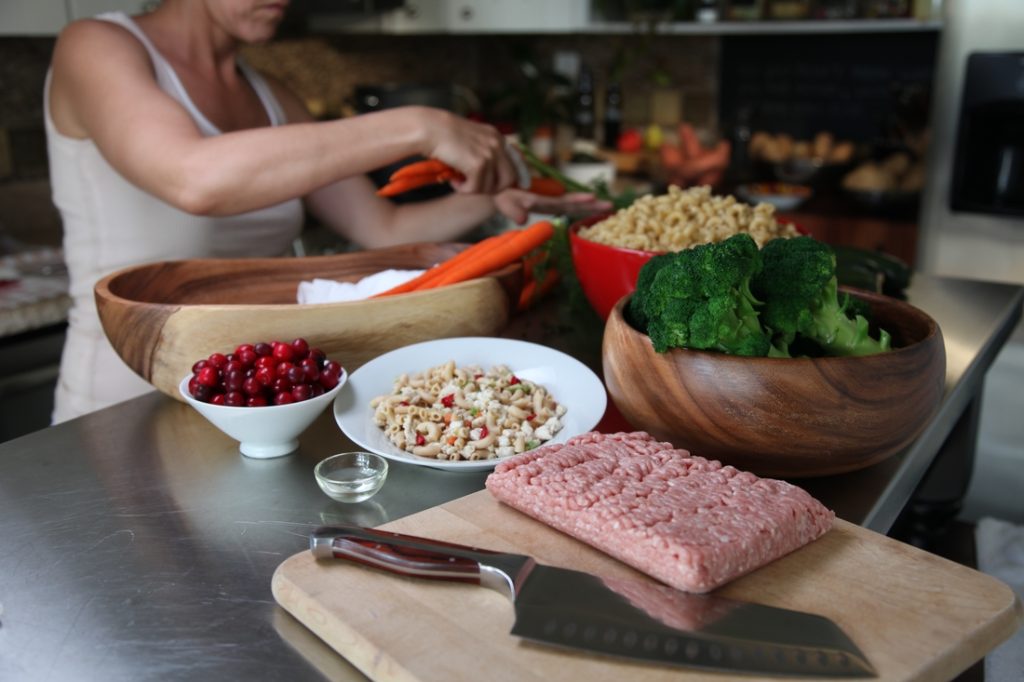
Unlike kibble, you know exactly what goes into your dog’s food (or dog treats) when you make it at home. You can control the ingredients, quality, and necessary add-ins to supplement your dog’s diet. It really is the best way to meet your dog’s unique nutritional needs, especially if they have food allergies or sensitivities.
Studies show that fresh food diets are up to 40% more digestible compared to dry food. The data also shows that dogs who ate JustFoodforDogs fresh whole food absorbed more nutrients than when on a diet of processed kibble.
While you can simply purchase pre-made fresh dog food, we freely provide our recipes to the public to make healthy dog food accessible to all. You can make the same high-quality dog food at home given you use the proper DIY Nutrient Blend to ensure each meal is complete and balanced.
Gather the Necessities
The first step to meal prepping for your dog is to gather the necessary equipment and ingredients. The exact ingredients will vary depending on what recipe you choose, but here are some of the basics you will need:
- Protein: This is the most important nutrient for dogs, and it should make up the majority of their diet. Good sources of protein for dogs include chicken, ground beef, bone broth, lamb, fish, ground turkey, and eggs.
- Healthy fats: Fat is another essential nutrient for dogs, and it helps to provide them with energy and keep their skin and coat healthy. Good sources of fat for dogs include olive oil, coconut oil, and omega-3 fatty acid-rich fish oil.
- Carbohydrates: Carbs provide dogs with energy, and they can also help to regulate their blood sugar levels. Good sources of carbohydrates for dogs include brown rice, quinoa, sweet potatoes, and oatmeal.
- Vegetables: Veggies are a good source of vitamins, minerals, and fiber for dogs. Some good vegetables for dogs include carrots, broccoli, zucchini, peas, and green beans.
- Fruits: Fruits are also a good source of vitamins, minerals, and fiber your dog needs. Some good fruits for dogs include apples, bananas, antioxidant-rich blueberries, and strawberries.
The kitchen equipment you need depends on how you cook your pet’s food. If you head to our Recipes page, you can find instructions for making your dog’s food in a Crock Pot/slow cooker, Instant Pot, and stove.
A note on raw diets: We do not recommend raw feeding. Instead, we lightly cook raw meat to preserve nutrients while making it safe for consumption. Raw dog food can be contaminated with a variety of pathogens and harmful bacteria that can cause serious health issues in both animals and pet parents.
How JFFD Pups Meal Prep
Dog parents with big breeds, take note. Keiko and Niko’s mom DIYs her pittie’s meals in HUGE batches!
JFFD Turkey & Whole Wheat Macaroni in action.
How to Store Homemade Dog Food
Obviously, preservative-free dog food does not have the same shelf-life as feed-grade kibble or canned food, so learning how to store homemade dog food properly is a must. Grab those freezer-safe food storage containers and get measuring!
It is important to measure the amount of food accurately so that you can ensure that your dog is getting the correct amount of nutrients. Pay careful attention to the serving size — a small dog like a Chihuahua does not need as much food as a large adult dog.
Dog owners can measure their food using a food scale or measuring cups. (For precise measurements, we prefer using a scale.) Once you have measured your food, you will need to store it in an airtight container. You may also use freezer bags. This will help to keep your food fresh and prevent it from spoiling.
Thawing Your Dog’s Homemade Diet
The safest way to thaw your dog’s food to room temperature is the same method you would use for human food.
The two best ways to thaw are:
- In the fridge: A general estimate for frozen foods thawed in the refrigerator is 24 hours for every 5 pounds of weight.
- Submerged in cold tap water: Change the water every 15-30 minutes so it continues to thaw. The time it takes to thaw depends on how big your container or plastic bag is.
Homemade Dog Food Recipes
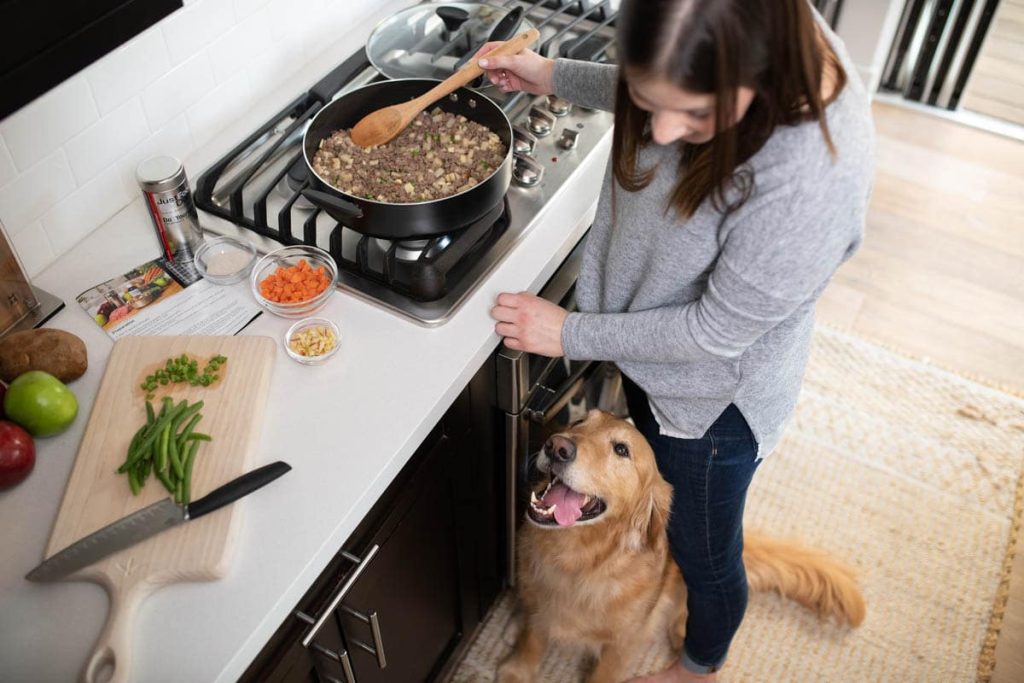
When coming up with a nutritious meal plan, you will need to consider your dog’s age, activity level, and any health conditions they may have. You will also need to consider your own preferences and budget.
There are many different ways to come up with a meal plan for your dog. You can find recipes online, or you can work with a veterinarian or certified canine nutritionist to create a personalized meal plan.
Head to our Recipes page to explore all meal options you can make for your dog at home from Fish & Sweet Potato to Venison & Squash.
Tips for Meal Prepping for Your Dog
Here are some tips for meal prepping for your dog:
- Start by making a list of the ingredients you will need.
- Wash vegetables thoroughly.
- If using fruits like apples, always cut the seeds and core out, which can be toxic to dogs.
- Measure your food accurately using a food scale.
- Store your homemade meals in a tight container.
- Label your containers with the date and your dog’s name.
- Freeze any food that you will not be using within a few days.
- Thaw frozen food in the refrigerator overnight.
- Experiment with different recipes to find what your dog likes best.
- If you are not sure how to balance your dog’s diet, consult with a veterinarian or certified canine nutritionist.
- Invest in types of containers that are high-quality and long-lasting.
You don’t have to be stuck with store bought commercial dog food. With a little planning, meal prepping for your dog’s health can be a simple and rewarding task.
With our DIY kits, it’s a great way to ensure that they are getting all of the nutrients they need. It can also save you time and money. By following these tips, you can easily meal prep for your dog and give them the best possible nutrition.
Shop DIY homemade dog food recipes:
